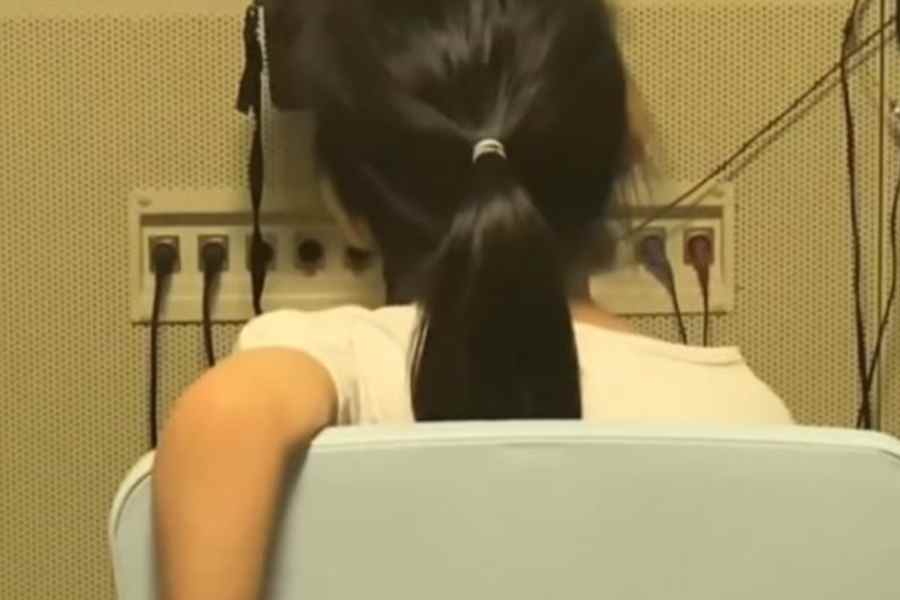Five born-deaf children in China have gained hearing after receiving a novel gene therapy in a clinical trial that medical researchers say demonstrates an effective treatment for congenital deafness, hitherto considered incurable.
Chinese and US researchers reported that five of six children treated at the Eye and ENT Hospital of Fudan University, Shanghai, had gained hearing after receiving a version of a human gene to make up for the defective gene responsible for their deafness.
“The results from this study are remarkable. We saw the hearing ability of children improve dramatically week by week,” Zheng-Yi Chen, a study team member and associate professor of otolaryngology-head and neck surgery at Harvard Medical School, said in a media release.
The children had a form of congenital disorder called DFNB9, marked by total deafness caused by mutations in a gene called OTOF. The gene makes a protein called otoferlin that is crucial to the transmission of signals from the ear to the brain.
In their trial, the researchers introduced a version of the OTOF gene into the children’s inner ears through a single injection, using a harmless virus — a strain of the adeno-associated virus — as a courier.
The development of hearing began four to six weeks after the injection. After 26 weeks, five children gained hearing and displayed what the researchers viewed as dramatic improvements in their speech perception and the ability to conduct a conversation.
The results indicate that “adeno-associated virus administration in the human inner ear is safe and efficacious in treating genetic hearing loss”, Chen and his collaborators wrote in a paper describing their results in The Lancet on January 24.
“Our study provides evidence of the safety and efficacy of gene therapy to treat autosomal recessive deafness 9… and lays the foundation for gene therapy as a novel treatment for other forms of genetic hearing loss.”
Medical studies suggest that hearing loss affects over 1.5 billion people worldwide, with congenital deafness making up 26 million of those patients. Over 60 per cent of hearing loss disorders among children are caused by genetic factors.
The gene therapy used in Shanghai was jointly developed by researchers at the Eye and ENT Hospital of Fudan University and a Chinese company, Refreshgene Therapeutics. US researchers too have announced similarly encouraging results.
The Children’s Hospital of Philadelphia (CHOP) and Akous, a subsidiary of Eli Lilly, announced on January 23 that an 11-year-old boy with otoferlin-linked hearing loss had regained hearing after a gene therapy that also used an adeno-associated virus.
The boy born profoundly deaf in both ears can now hear his father’s voice, the sound of a car passing by and even the sound of scissors clipping his hair, CHOP said in a media release.
“Gene therapy (for hearing loss) is finally here,” John Germiller, director of clinical research in otolaryngology at CHOP said in the release. “While the gene therapy we performed in the patient was to correct an abnormality in a very rare gene, these studies may open the door for future use for some of over 150 other genes that cause childhood hearing loss.”











